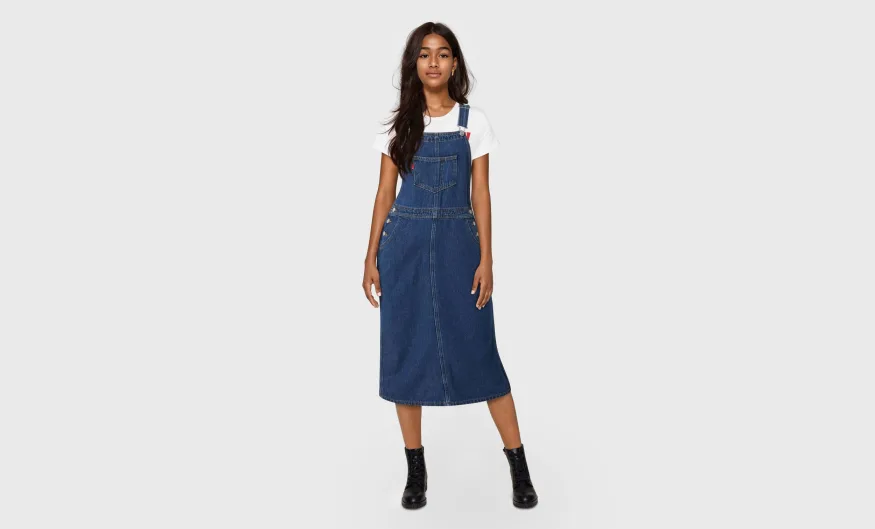Levi Strauss has recently announced its partnership with Amsterdam-based digital model studio Lalaland.ai to introduce computer-generated fashion models as part of its diversity, equity, inclusion, and sustainability initiatives. Lalaland.ai aims to create a more inclusive and sustainable fashion industry by providing hyper-realistic models of different body types, ages, sizes, and skin tones, allowing customers to visualize fashion items on people who look like them.

Levi’s has emphasized that AI-generated models will supplement human models and not replace them entirely. The company sees fashion and technology as an art and science and views this partnership as an exciting opportunity to create a more diverse and inclusive customer experience.
While Levi’s branding emphasizes its commitment to diversity, equity, and inclusion, some critics have pointed out that the move towards AI-generated models could lead to the industry’s automation. With advancements in AI-generated photography, art, and writing, it is crucial to examine corporations’ motives when they claim to prioritize diversity and sustainability while mass-producing something that would have previously required human labour.
Levi’s has also been restructuring its corporate workforce to save up to $100 million annually, resulting in the loss of around 800 jobs. While the introduction of AI-generated models may indeed support the company’s diversity and sustainability goals, it’s essential to consider its impact on human workers and the industry as a whole.
RELATED:
- How to Enable ChatGPT (AI Prompts) in Opera Sidebar
- Microsoft introduces AI-powered Bing Image Creator, Visual Stories
- Best Gaming Mice of 2023 for effective controls
(Via)







